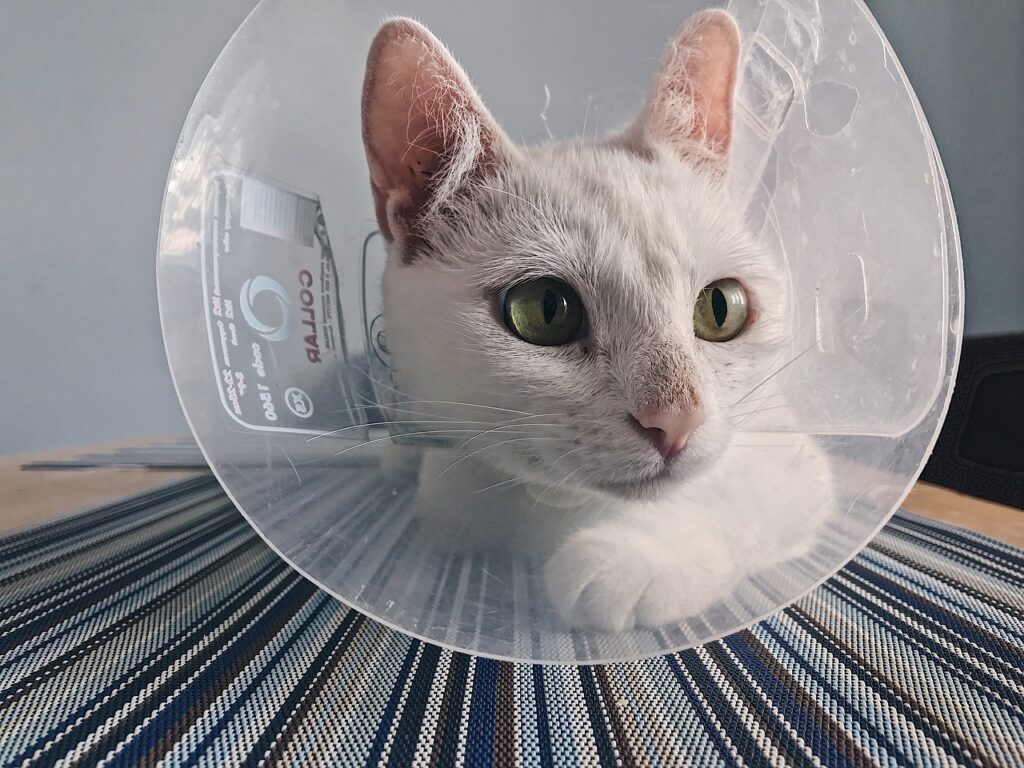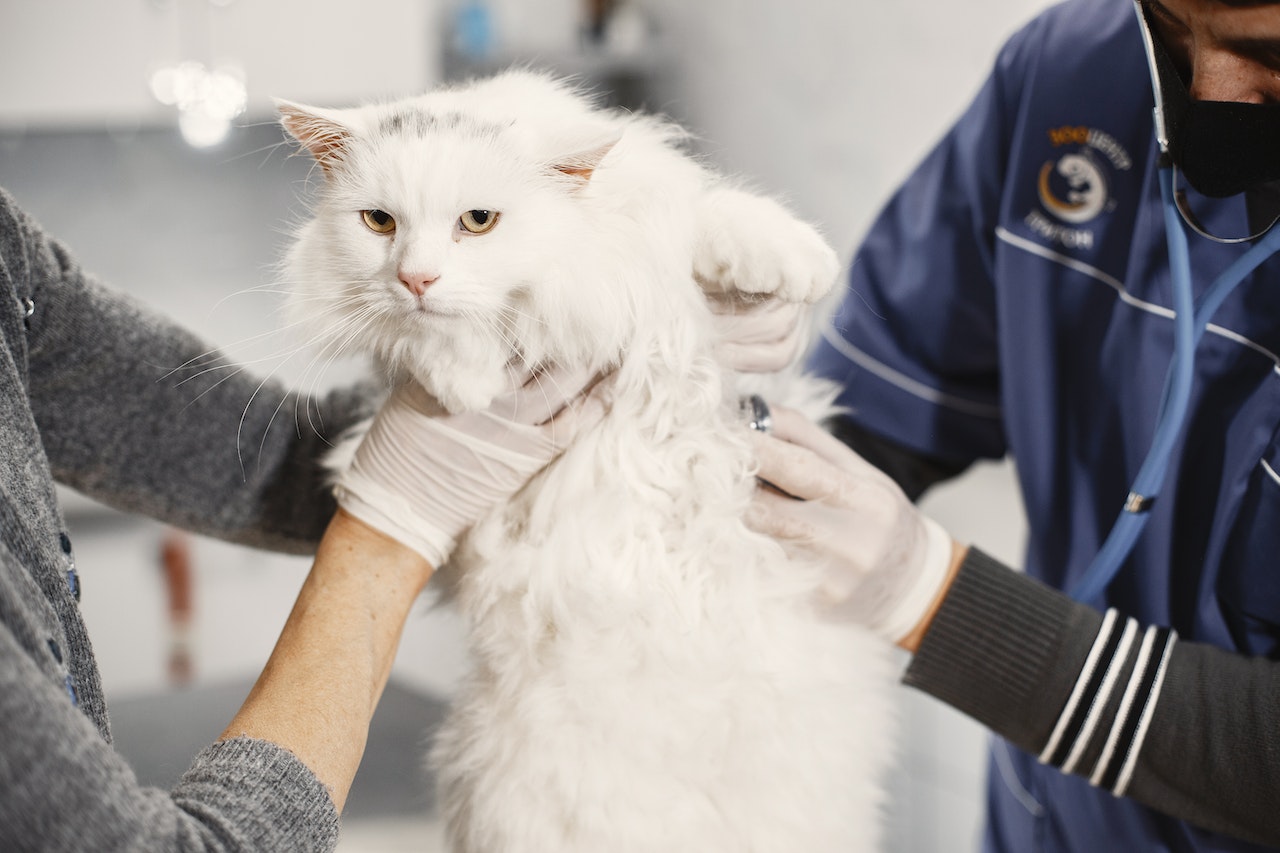As a cat owner, it is your responsibility to ensure that your furry friend is healthy and happy. Preventive care for cats is essential to maintain their overall health and well-being. Regular check-ups and preventative measures can help detect and prevent disease, ensure proper nutrition, and maintain a healthy weight. Here are some simple steps you can take to keep your cat in tip-top shape.
1. Regular Vet Visits

Regular veterinary check-ups are essential for your cat’s health. Cats should have at least one annual check-up, and senior cats (over seven years old) should have a check-up every six months. Annual check-ups can help detect any underlying health issues early on, which can be treated more effectively.
During these visits, your veterinarian will conduct a thorough physical examination, check your cat’s teeth, and may recommend additional tests or vaccinations. Additionally, your vet can provide you with guidance on your cat’s diet and exercise routine.
2. Vaccinations
Vaccinations are essential to prevent your cat from contracting serious and potentially fatal illnesses. Cats should receive their first set of vaccinations when they are kittens, and they should receive booster vaccinations throughout their lives.
Some of the most common vaccinations for cats include the feline distemper vaccine, the feline leukemia vaccine, and the rabies vaccine. Your veterinarian can recommend the appropriate vaccinations for your cat based on their lifestyle and risk factors.
3. Parasite Prevention

Cats are susceptible to parasites like fleas, ticks, and worms. Parasites can cause a variety of health issues, including anemia, skin irritation, and even death. Regularly treating your cat with flea and tick preventatives can help protect them from these parasites.
Additionally, regular deworming can help prevent intestinal parasites from causing health issues. Also, make sure to keep your cat’s environment clean to prevent disease transmission.
4. Proper Nutrition
Feeding your cat a balanced and nutritious diet is essential to their overall health. Cats are obligate carnivores, which means that they require a diet high in protein. A balanced diet that includes the right amount of protein, fat, and carbohydrates can help prevent obesity, diabetes, and other health issues.
Feeding your cat high-quality, balanced food can help maintain a healthy weight and prevent obesity-related health issues. Avoid giving them table scraps or human food, as it can lead to weight gain and other health issues. Additionally, providing fresh water and limiting treats can help keep your cat healthy.
5. Grooming & Dental Care

Regular grooming is important for your cat’s hygiene and overall well-being. Brush your cat’s fur daily to prevent hairballs and matting. Additionally, make sure to trim their nails regularly to prevent them from becoming overgrown and causing discomfort.
Dental care is often overlooked in cats, but it is important for their overall health. Dental problems can lead to serious health issues, including heart and kidney disease. Brush your cat’s teeth regularly to prevent plaque and tartar buildup. Additionally, provide them with dental treats or toys to keep their teeth healthy.
6. Exercise and Playtime
Providing environmental enrichment for your cat can help prevent behavioral issues and keep them mentally stimulated. This can include providing toys, scratching posts, and perches for your cat to climb and play on.
Exercise is important for keeping your cat healthy and active. Regular exercise can prevent obesity, improve cardiovascular health, and reduce stress. Encourage them to play with toys that stimulate their natural instincts, such as chasing and pouncing.
7. Spaying and Neutering

Spaying and neutering your cat is an important preventive care measure. One of the most significant benefits of spaying or neutering your cat is helping to control the cat population. Cats are prolific breeders, and an unspayed female cat can have multiple litters each year, resulting in hundreds of kittens.
Spaying or neutering your cat can also reduce the risk of certain diseases. For example, spaying your female cat before her first heat cycle can significantly reduce her risk of developing mammary cancer. Neutering your male cat can also prevent testicular cancer and reduce the risk of prostate problems. It can also prevent behavioral issues, such as aggression and marking.
The Bottom Line
Taking preventive care measures for your cat can help ensure their overall health and well-being for years to come. From regular vet visits and vaccinations to simply brushing their hair or giving them stimulating toys, you can help your furry friend live a long, healthy, and happy life. Always remember, prevention is better than cure.
Royal beds, food Mats & Art for your cat
The snobbiest designs for your royal kitty!

